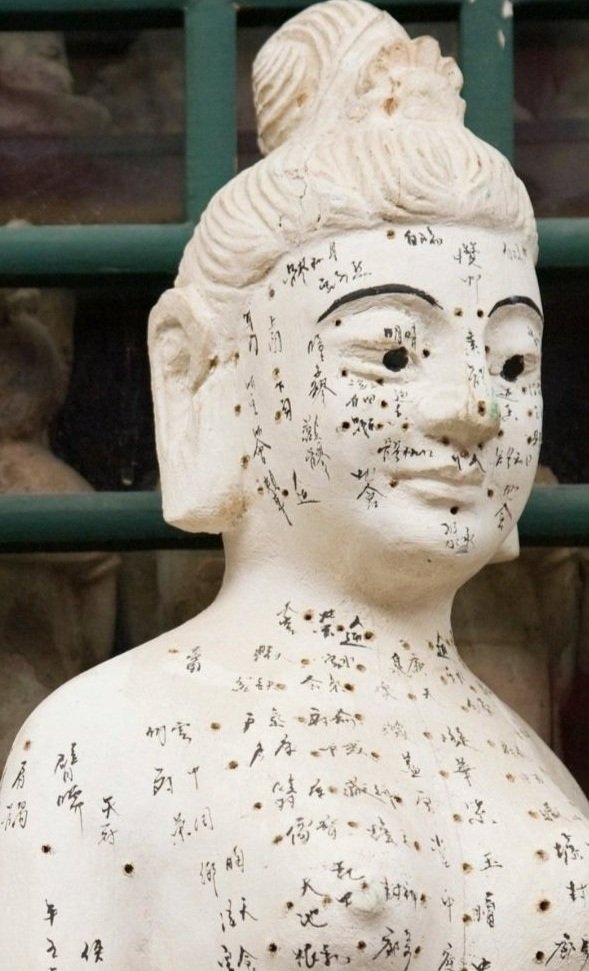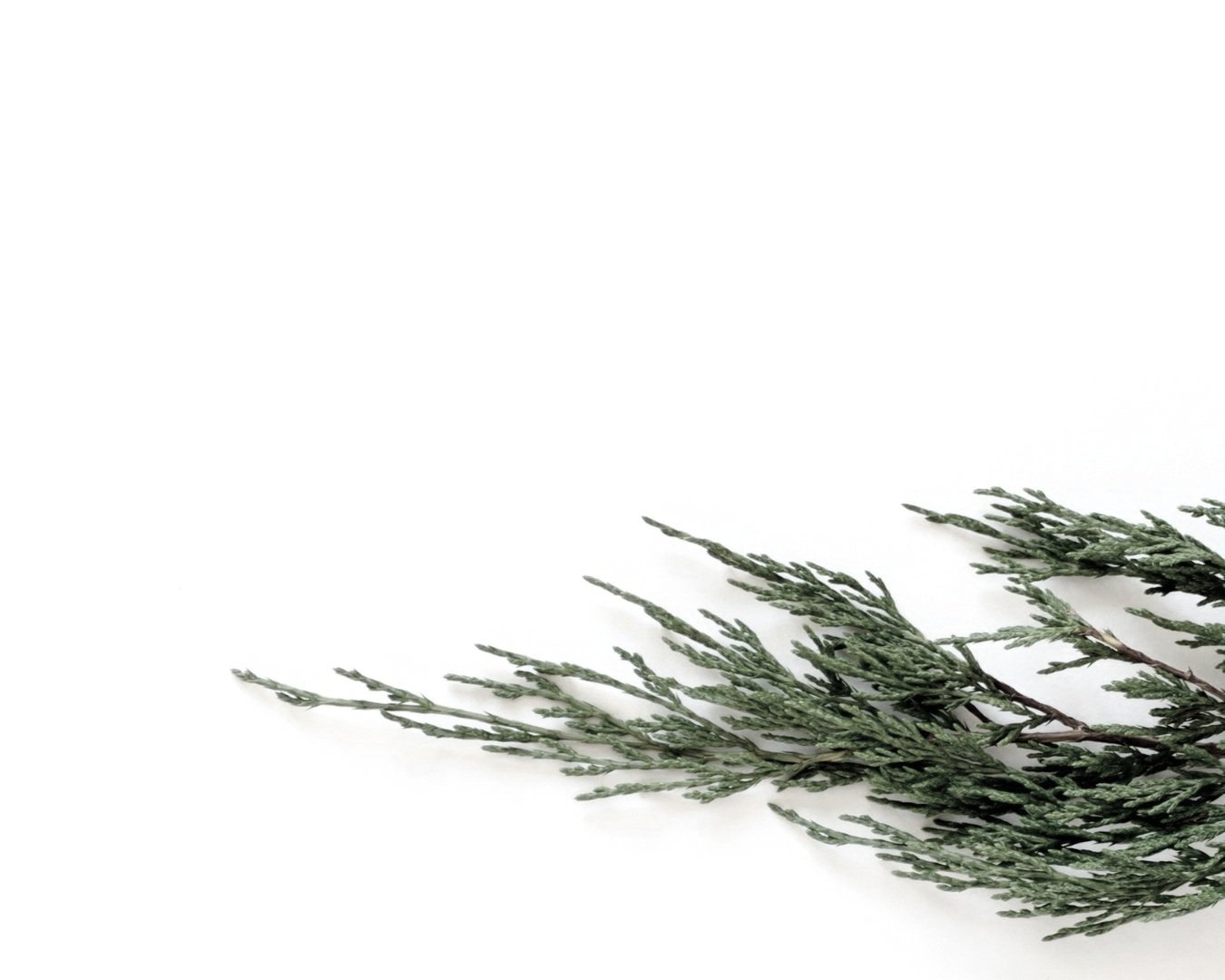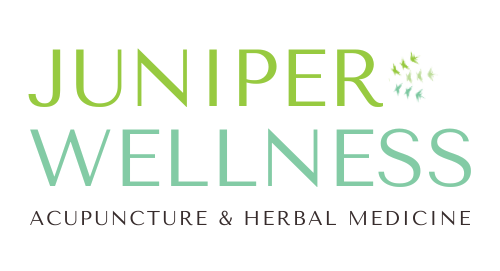
Frequently Asked Questions
What is acupuncture?
Acupuncture is one the methods used as part of Traditional Chinese Medicine, which is a form of healthcare that has been practiced for over 2,500 years. Acupuncture is effective in treating numerous health conditions. Hair thin needles are inserted into specific points on the body to promote balance and healing. The sensations felt with the needles are not painful. The needles are sterile, stainless steel and disposable. A thorough patient history and physical examination are obtained and an Oriental medical diagnosis is established prior to treatment
The concept of “Qi” can be seen as the energy, or life force that runs throughout our bodies. When there is a disruption in the flow of Qi, health problems can arise. Acupuncture works by accessing the Qi at different points, restoring the flow and bringing the body back into a state of balance.
Chinese Herbal Medicine
Herbal medicine works using the same principles as acupuncture. When prescribed by a licensed practitioner, herbs are safe and have few, if any, side effects. Herbs can be taken as teas, pills, or granules. Herbal formulas are tailored to suit the specific needs of the individual patient and may be made up of ingredients such as seeds, plants and roots.
Eastern and Western Medicine Together
In most cases, acupuncture and herbal medicine can be safely and effectively used in combination with western treatments including prescription medications.
What can acupuncture treat?
Acupuncture can treat a wide range of conditions which are recognized by the National Institute of Health and the World Health Organization.
For more information please visit: nccam.nih.gov/health/acupuncture
Disorders of the Bones, Muscles, Joints and Nervous System
Pain Management Arthritis, headaches, neuralgia, dizziness, back, neck, and shoulder pains, tendonitis, sports injuries, fibromyalgia, sciatica, muscular atrophy, Multiple Sclerosis, Parkinson’s Disease and Lupus.
Gynecological Disorders and Infertility
Irregular, heavy or painful menstruation, PMS, menopausal symptoms, uterine fibroids, and morning sickness. Chinese medicine can also treat both male and female infertility and is shown to increase the efficacy when used in conjunction with western treatments such as IVF.
Gastrointestinal Disorders
Food allergies, ulcers, diarrhea, constipation, indigestion, gastrointestinal weakness, anorexia, gastritis, bloating, and acid reflux.
Emotional and Psychological Disorders
Anxiety, depression, stress, and insomnia.
Urogenital Disorders
Stress incontinence, urinary tract infections, and sexual dysfunction
Circulatory Disorders
Hypertension, angina pectoris, arteriosclerosis, edema, and anemia.
Respiratory Disorders
Asthma, emphysema, sinusitis, asthma, allergies, bronchitis, colds and flu.
Smoking Cessation/Addiction/Weight Loss
Acupuncture can be helpful in reducing cravings associated with addiction as well as supporting the body in the detoxification process.
Eye, Ear, Nose and Throat Disorders, Supportive Therapy
For immune compromised individuals as well as patients undergoing chemotherapy or radiation therapy.
General Health and Preventive Medicine Acupuncture can also be used to maintain general well-being in healthy individuals and help the body operate at its optimal level. Chinese medicine is a holistic approach which works to prevent illness rather than simply treat symptoms
Does acupuncture hurt?
Most people find acupuncture to be very relaxing. The acupuncture needles are very thin, about the size of a hair. With proper insertion the needles should not hurt. People can feel a range of sensations once the needles are inserted – these can include feeling achy, itchy, numbness, heat, tingling, or heaviness. These sensations are referred to as “Qi.”
What is an acupuncture treatment like?
An initial visit usually takes 1.5 to 2 hours. There is an extensive consultation to find out information about the chief health issue or reason for seeking treatment. In addition, there will be a full health history to gather other relevant information including diet, lifestyle, and a physical exam as appropriate to the case. The acupuncturist will also look at the tongue and take the pulse in order to establish a diagnosis for treatment based on Traditional Chinese Medicine. Then, needles are inserted into specific acupuncture points and are retained for around 20 minutes.
Follow-up treatments usually last around 1 hour.
Are the needles clean?
Yes. All needles are sterile and disposable. Needles are thrown away into a sharps container after they have been used.
How many treatments will I need?
This can vary from person to person. People often have results after the first treatment. Chronic conditions usually require more treatments. In general, the more acute a condition, the more rapidly it will respond to treatment.
How will I feel after the treatment?
This can vary based on the person and the condition for which they are being treated. People usually feel very relaxed after acupuncture treatments. Others may feel energized and revitalized after a treatment.
Does acupuncture have side effects?
Generally speaking, acupuncture is safe and does not have any known side effects. Acupuncture will not interfere with other medications, but it very important to inform the practitioner of any prescription medicines or supplements you are taking.
Insurance Coverage
We do not currently accept insurance but can provide you with a superbill which may submit to your insurance company, and you may get reimbursed depending
on your particular policy.
Check with your insurance provider about
your coverage options.
Acupuncture is also covered under flex spending accounts.

